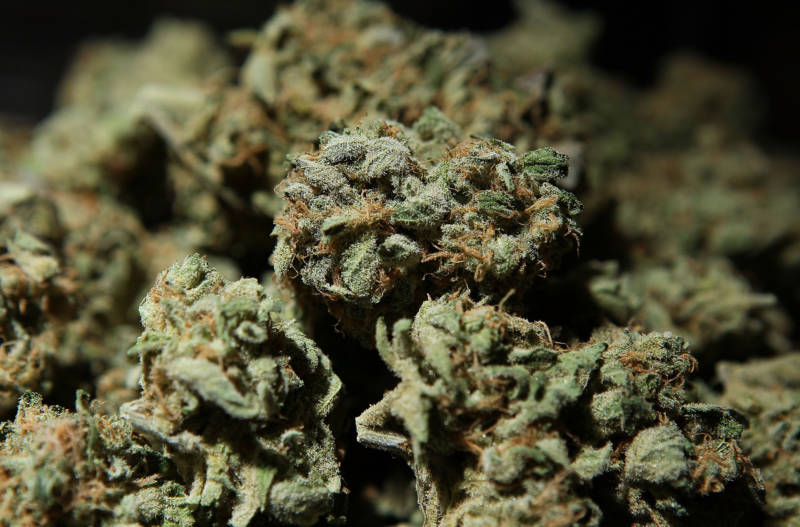"It’s not that easy," said Armando Gudino of the Drug Policy Alliance.
Why not simply dismiss all misdemeanors, he asked.
"The district attorney had the opportunity to make sweeping changes," he said. "By having these convictions removed or reduced, you effectively open up new doors for them."
A criminal record can disqualify an individual from some jobs and even housing.
Lacey's decision is significant. The L.A. District Attorney’s Office prosecuted more people for violating marijuana laws than any other prosecutor’s office in the state.
The office estimates there were 40,000 felony convictions involving marijuana since 1993. It had no estimate for the number of misdemeanor convictions it handled. Some city attorneys in L.A. County also file misdemeanor cases.
Lacey said she cannot determine at this time how many of these cases involve people who no longer require that their criminal records be stricken "for a variety of reasons, including death or incarceration."
San Bernardino County District Attorney Mike Ramos said he also has no plans to proactively clear people’s records.
Ramos wants to use those old convictions to seek longer jail time, should those people break the law again.
"That’s the biggest concern for me," he said. "We couldn’t use those for sentence enhancements."
He is unmoved by the argument that the war on drugs left many otherwise law-abiding people of color with a criminal record.
"What people call the drug war -- we got peace officers who put their lives on the line," Ramos said.
Each of California’s 58 district attorneys has the authority to decide whether to continue to use "something that is no longer a crime" against people, said Loyola Law School Professor Stan Goldman.
"We’re really in new territory here," he said.
The office of Orange County District Attorney Tony Rackauckas did not respond to a request for comment. Riverside County District Attorney Michael Hestrin's office said it does not have a comment at this time.
Activists hope to step in to help if local prosecutors won’t.
The Drug Policy Alliance already had plans to conduct four clinics where people can learn how to petition the courts to expunge their previous pot convictions. The first is March 17 at L.A. Trade Tech.

